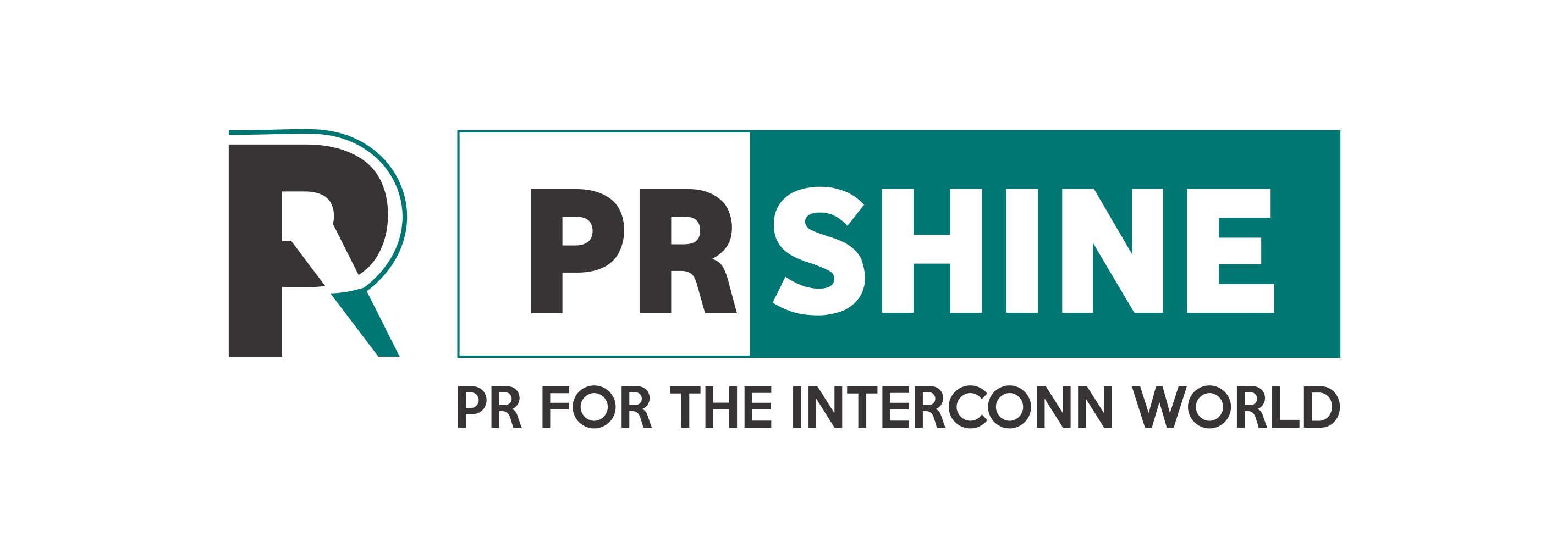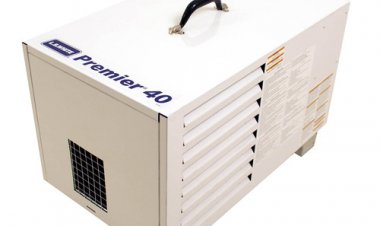Why is Real Estate Tokenization No Longer a Niche Domain?
Real estate tokenization is the process of tokenizing real estate assets to register them as entries on the blockchain.

As the Web3 ecosystem evolves every day to make the utopian sphere a reality, at least virtually, there have been many recent advancements that date back to a long time in the Web3 time frame. Metaverses have been thought of as the visual version of the ideal world backed by the immutable blockchain ledger.
People have started investing in plots of land on various metaverses, spending thousands of dollars in the process. Also, Web3’s touch on real-world applications such as real estate has been encouraging due to its potential and all the goodwill it could provide if implemented. Real estate tokenization plays a decisive role in selling land on metaverses and the real world, about which we will see more as we progress further.
Real estate tokenization is the process of tokenizing real estate assets to register them as entries on the blockchain. This can be done for both real and virtual plots of land without difficulties. It uses smart contracts and non-fungible tokens (NFTs) in the process.
Even though tokenizing real estate assets look like a recent craze in the Web3 circles, the seeds were sown long back, even before the first non-fungible tokens were registered on the blockchain. The process has also made it possible for fractionalized real estate sales to occur and crypto offerings (Security Token Offerings) to be backed by these virtual tokens.
Traditional real estate in the physical world faces a lot of problems due to its slow adoption of newer technological innovations. Computerizing real estate has been a recent affair, which has not replaced tedious paperwork and long time and costs incurred by various third parties involved in the middle.
The possibility of fraud, malicious actors taking advantage of loopholes in the existing system, and the high entry barriers for investments have necessitated the requirement for a change. Such a difference can be brought forth by real estate tokenization that utilizes blockchain technology for keeping records of real estate transactions which has been materializing briskly.
The process also globalizes real estate investments by breaking border-based restrictions and lowers the financial barriers with fractional real estate NFT ownership possibilities.
Security token offering (STO) is the financial element of real estate tokenization that utilizes the decentralized finance (DeFi) mechanism. Here, Web3 startups raise funds with real estate assets as securities. In case the project did not take off due to some reasons, investors can get their share of real-world assets.
These offerings use decentralized crypto exchanges, thereby coming under the DeFi umbrella. STO has been very popular as a crypto crowdfunding mechanism due to its relevancy with real estate stocks combined with DeFi elements.
Other advantages of real estate tokenization include enabling fast peer-to-peer transactions, efficient property management, intermediary elimination, compliance with KYC/AML procedures not allowing malicious actors, token exchanges over-the-counter, integrated payment service provisions, integrated voting consensus protocol, digital stock certificates, dividend payments, discussion forums, and recovery mechanism for lost tokens.
Therefore, we can say that real estate tokenization can be ideal for ventures looking to capitalize on the Web3 revolution using multiple applications, including smart contracts, DeFi, and NFTs. The process can be beneficial for both real-world and metaverse real estate developments.
Tokenization for real estate assets has been provided as a service in recent times, owing to the arrival of new players into the space without intricate knowledge of blockchains or the inability to couple together a team of expert Web3 professionals.












